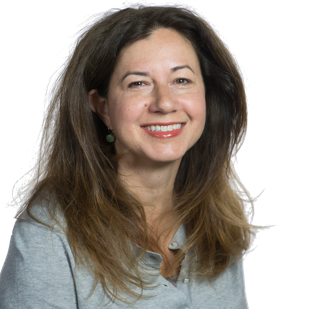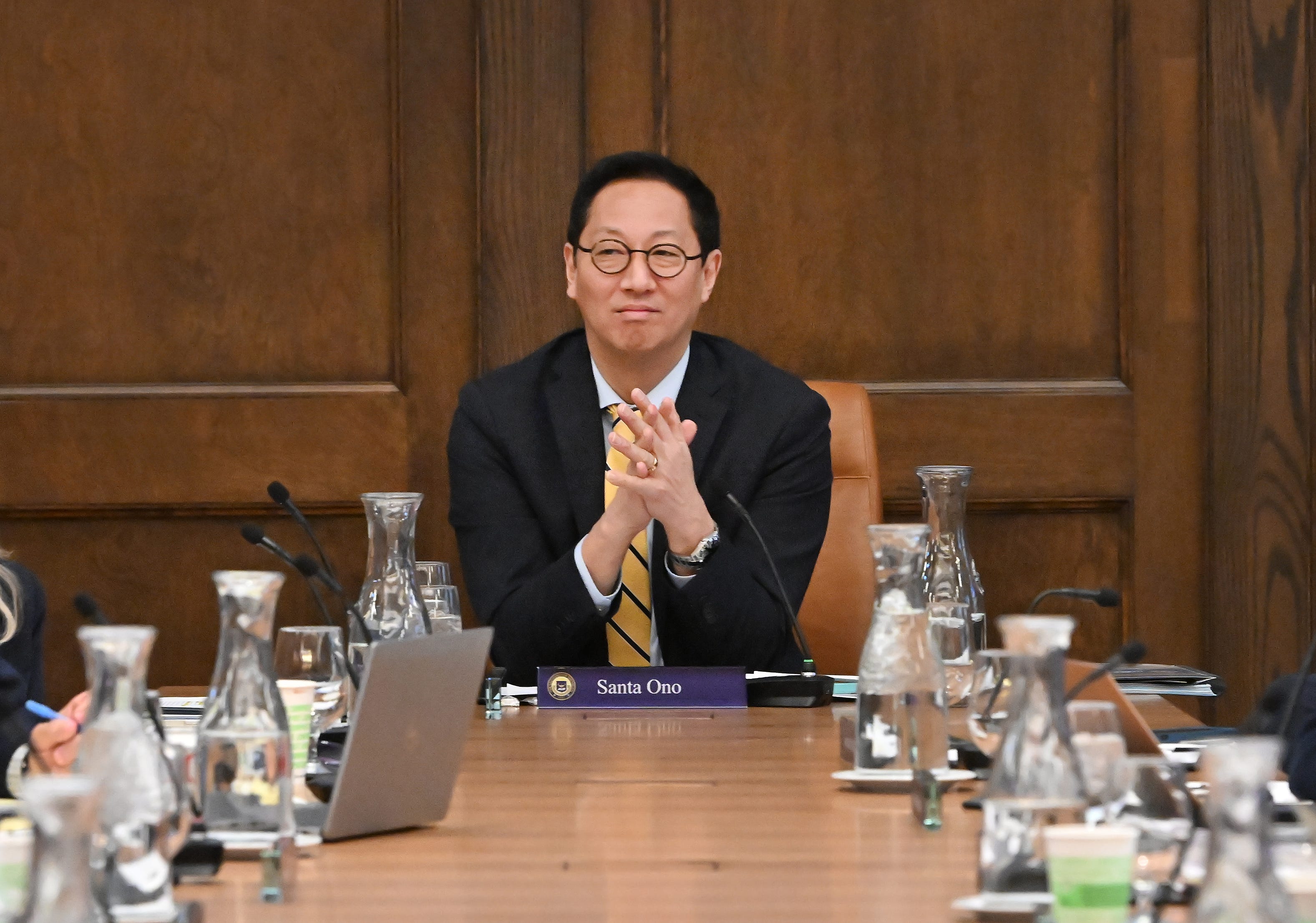UM president Ono tapped to answer questions from U.S. House panel about antisemitism
 Kim Kozlowski
Kim KozlowskiUniversity of Michigan President Santa Ono has been called to testify before a Republican-led congressional committee to address how colleges are addressing antisemitism on campus amid pro-Palestinian demonstrations, though the conditions for him to answer questions have been changed.
Ono was slated originally to appear May 23 before the U.S. House Committee on Education and the Workforce for a hearing titled “Calling for Accountability: Stopping Antisemitic College Chaos." But committee Chairwoman Virginia Foxx, R-N.C., this week announced a new lineup of college presidents to appear at the hearing due to the "shocking concessions to the unlawful antisemitic encampments" on the campuses of Rutgers and Northwestern universities.

Northwestern President Michael Schill, Rutgers President Jonathan Holloway and Michael Drake, president of the University of California, Los Angeles will now appear before the committee May 23.
Ono, along with Yale University's president, Peter Salovey, will be required to appear in Washington, D.C., at a later date for "transcribed interviews," which a committee aide said will not be conducted during a live hearing.
"Yale and Michigan are by no means off the hook," Foxx said in a statement, adding that Salovey and Ono will testify or "or risk deposition and subpoena."
Kim Broekhuizen, a UM spokesperson, said in a statement Tuesday evening: "We will formally respond to the committee tomorrow."
Ono spoke to The Detroit News in December, days after the president of the University of Pennsylvania resigned after testifying before the committee, and was asked if calling for the genocide of Jews is protected speech. He said such speech would be "problematic" at UM.
"It would be contrary to our views here at the University of Michigan, and there is no place for that at the University of Michigan," Ono said. "Certainly, free speech is a cornerstone of all public institutions, but calling for the genocide of any people is problematic."
The call for Ono to testify comes as tensions have erupted on campuses across the nation amid the Israel-Hamas war, with protesters calling for Palestinian statehood, a cease-fire in Gaza and for universities to shed investments with ties to Israel.
At UM, pro-Palestinian students disrupted an honors convocation in March, set up an encampment on the Diag April 22, and carried Palestinian flags during graduation last weekend at Michigan Stadium. Police arrested one nonstudent over the weekend after chaos broke out between protesters and police outside a dinner UM officials held for honorary degree recipients.

On the first day of the encampment, Jewish students said that antisemitism is "rampant" on UM's campus, and many pointed to a sign put up at the protest: "Long Live the Intifada," which they said represents represents attacks against Israeli citizens.
Rabbi Davey Rosen, CEO of UM Hillel, called the sign antisemitic, saying the word "intifada" is a "very hateful and scary and terrifying term to say to Jewish students" and hoped the sign would come down immediately. But Salma Hamamy, president of Students Allied for Freedom and Equality, a UM Palestinian advocacy group, said that intifada is an Arabic word that is twisted "to demonize us" when it means "resistance" and a "revolution." The sign was still up earlier this week at the encampment.
The May 23 hearing will be the third before the U.S. House Committee on Education and the Workforce.
“The Committee has a clear message for mealy-mouthed, spineless college leaders: Congress will not tolerate your dereliction of your duty to your Jewish students,” Foxx said. “No stone must go unturned while buildings are being defaced, campus greens are being captured, or graduations are being ruined. College is not a park for playacting juveniles or a battleground for radical activists. Everyone affiliated with these universities will receive a healthy dose of reality: actions have consequences.”
The first hearing, in December, included testimony from University of Pennsylvania M. Elizabeth Magill, Harvard University President Claudine Gay and Massachusetts Institute of Technology President Sally Kornbluth. Rep. Elise Stefanik, R-N.Y., asked whether students would be disciplined for calling for the genocide of Jews and whether those calls violated the schools' conduct policies.
Magill would not give a yes or no answer but issued a statement the following day that said "a call for genocide of Jewish people is a call for some of the most terrible violence human beings can perpetrate." She resigned four days later after pushback from donors, alumni and public officials that her answers did not go far enough.
Gay, Harvard's first Black president, faced similar criticism when she said context would determine whether calls on campus for the genocide of Jews would violate the school’s conduct policy.
Though Harvard's governing board stood behind her, Gay resigned in January after becoming embroiled in accusations of plagiarism.
In April, the committee held a second hearing with testimony from Nemat Shafik, president of Columbia University in New York.
kkozlowski@detroitnews.com